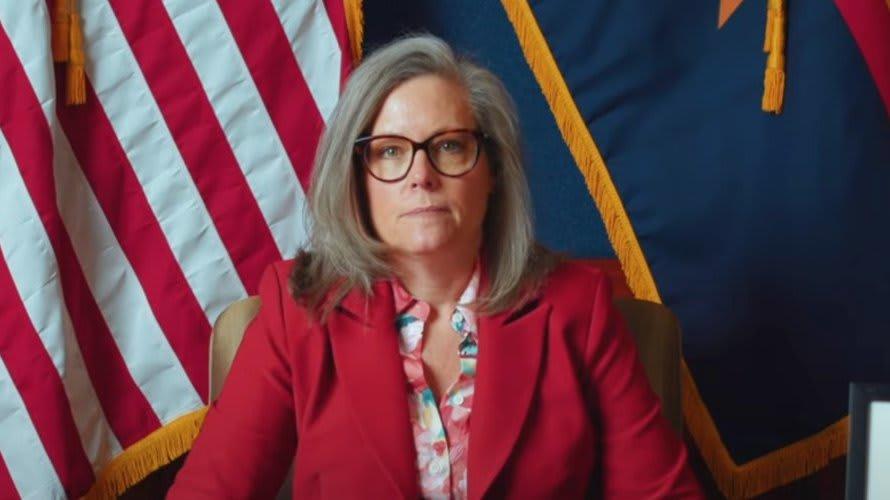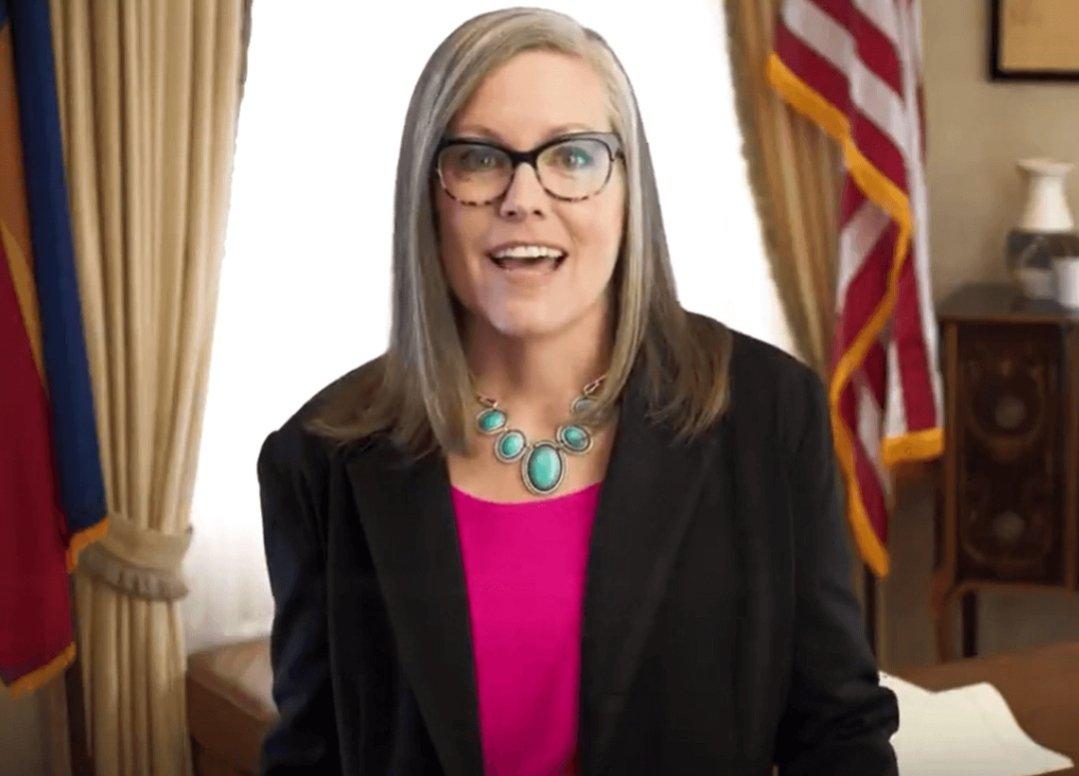In a move that has ignited fierce debate across the political spectrum, Arizona Governor Katie Hobbs has vetoed a bill designed to prevent foreign entities, including those tied to the Chinese government, from purchasing land near U.S. military bases. The bill, which passed with significant support in the state legislature, was widely viewed as a strategic measure aimed at safeguarding national security and preventing foreign surveillance and espionage operations near critical defense infrastructure. But Hobbs’ decision to strike down the bill has drawn sharp criticism from conservatives, military veterans, and even some moderate voters who see the veto as an alarming lapse in judgment.

The proposed legislation sought to ban foreign nationals or companies linked to adversarial nations—specifically China, Iran, North Korea, and Russia—from acquiring land within a defined perimeter of military installations in Arizona. Proponents of the bill argued that allowing such land transactions could pose serious national security risks. Intelligence officials in Washington have long warned about the possibility of foreign governments using seemingly innocuous business transactions to place surveillance tools or launch cyber operations near sensitive military zones.

Those supporting the bill also highlighted recent reports of Chinese entities acquiring large tracts of land near strategic locations, including a notorious case in North Dakota where a Chinese firm sought to build a corn mill just 12 miles from a U.S. Air Force base. That project was ultimately blocked by local opposition and federal review, but it set a precedent that many believe Arizona’s bill was meant to follow. To supporters, this legislation wasn’t just political posturing; it was a necessary preemptive measure to protect the homeland from growing foreign threats.
Yet, in her veto message, Governor Hobbs claimed the bill was overly broad and potentially harmful to Arizona’s economic and agricultural interests. She argued that it could unintentionally target legitimate investors and farmers who have contributed to the state’s development. Hobbs emphasized that existing federal laws and mechanisms, such as the Committee on Foreign Investment in the United States (CFIUS), already offer sufficient oversight of foreign land acquisitions. In her view, adding a state-level ban would be redundant, legally questionable, and potentially xenophobic in its tone.
Her reasoning, however, did little to quell the outrage. Critics accused her of putting ideology over security and of bending to pressure from business lobbyists and international investment groups. “This is not about discrimination. It’s about defense,” said one state senator who helped sponsor the bill. “Governor Hobbs has chosen to ignore the very real threats that our servicemen and women face from foreign espionage, especially from China, which has been repeatedly exposed for its covert tactics and surveillance activities.”
Among veterans’ groups and military families in Arizona, the sense of betrayal is palpable. Many feel that the governor’s decision disregards the safety of troops stationed at key bases like Davis-Monthan Air Force Base and Luke Air Force Base. They see the veto not just as a policy disagreement but as a fundamental failure to prioritize American security. “When it comes to our national defense, there’s no room for half-measures or excuses,” said a retired Air Force colonel. “Governor Hobbs has failed in her duty to protect the people of Arizona and the interests of this nation.”
The political fallout from the veto could be significant. Hobbs, already facing low approval ratings among independents, may find her credibility further undermined. With growing bipartisan concern over Chinese influence in U.S. domestic affairs—from TikTok to farmland acquisitions—her veto could be perceived as being out of step with the will of the people.
At a time when geopolitical tensions are intensifying and national security threats are becoming more sophisticated, the veto has sparked questions about where the line should be drawn between economic openness and strategic caution. The controversy surrounding Hobbs’ decision reveals a larger national dilemma: how to balance economic growth and foreign investment with the imperative of homeland security.
In the end, the debate isn’t just about one bill or one governor. It’s about the larger trajectory of U.S. preparedness in a world where foreign powers are increasingly leveraging economic tools for strategic advantage. Whether Hobbs betrayed the country or simply made a pragmatic policy choice will likely remain a point of contention for years to come. What is clear, however, is that the issue of foreign land ownership near U.S. military sites is far from settled—and Americans will be watching what happens next.






